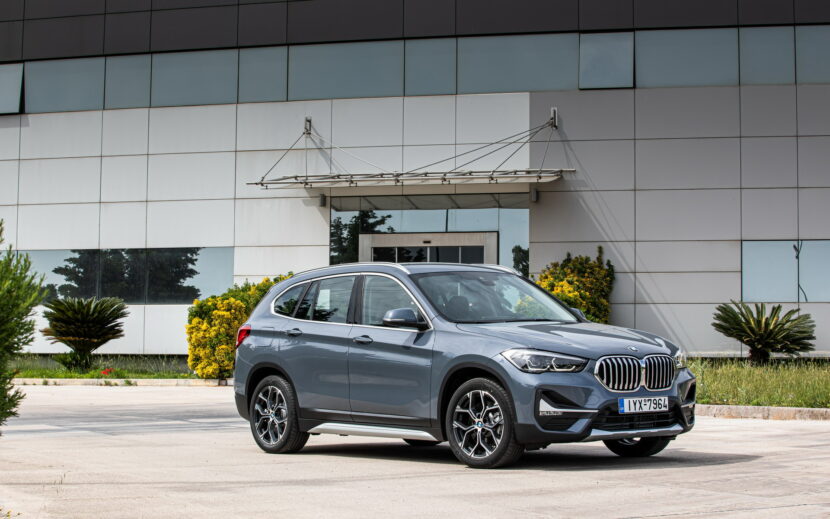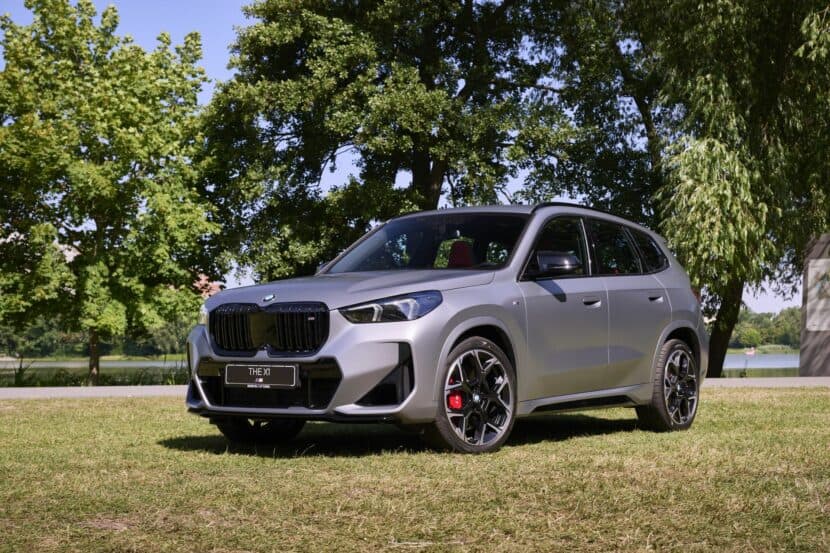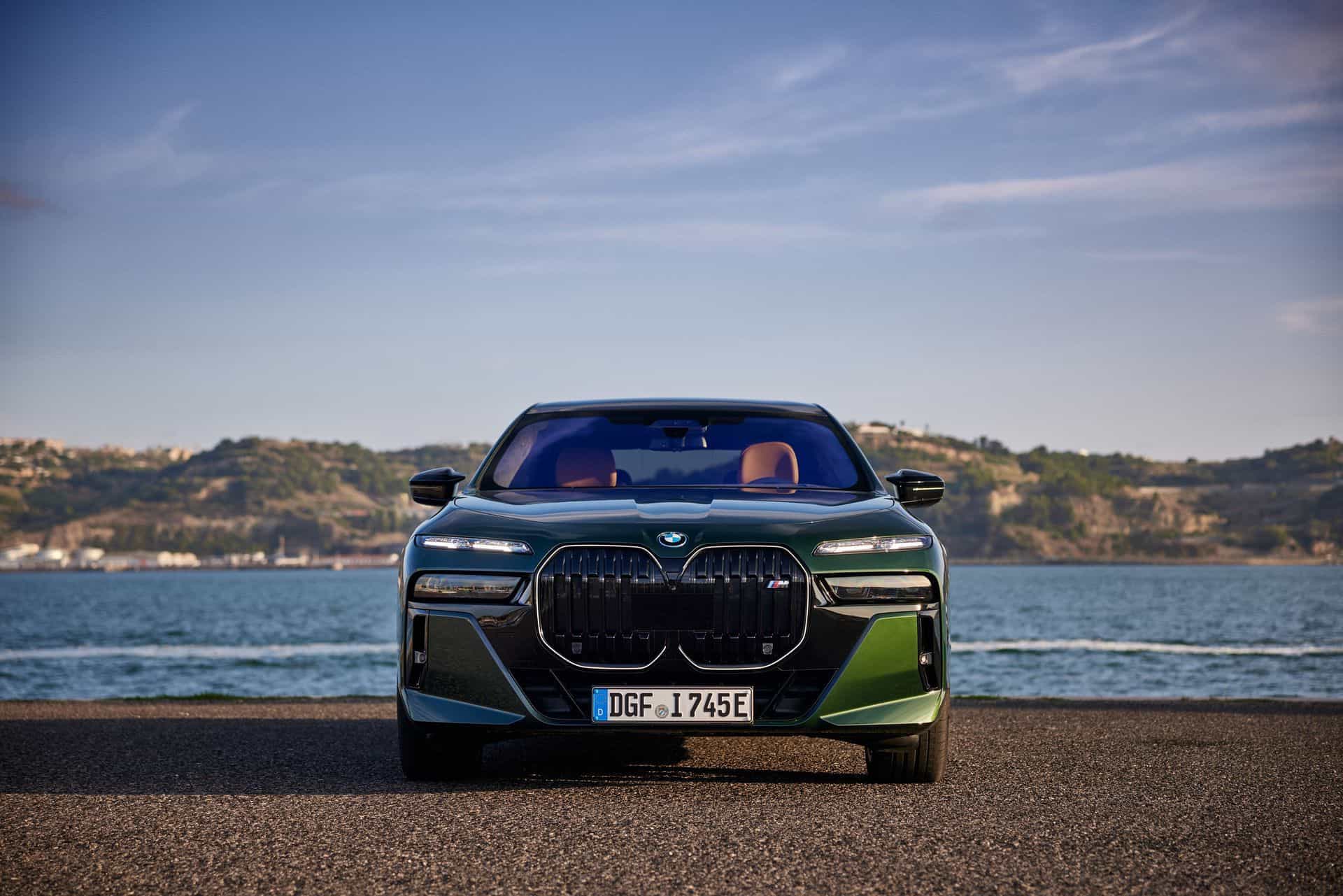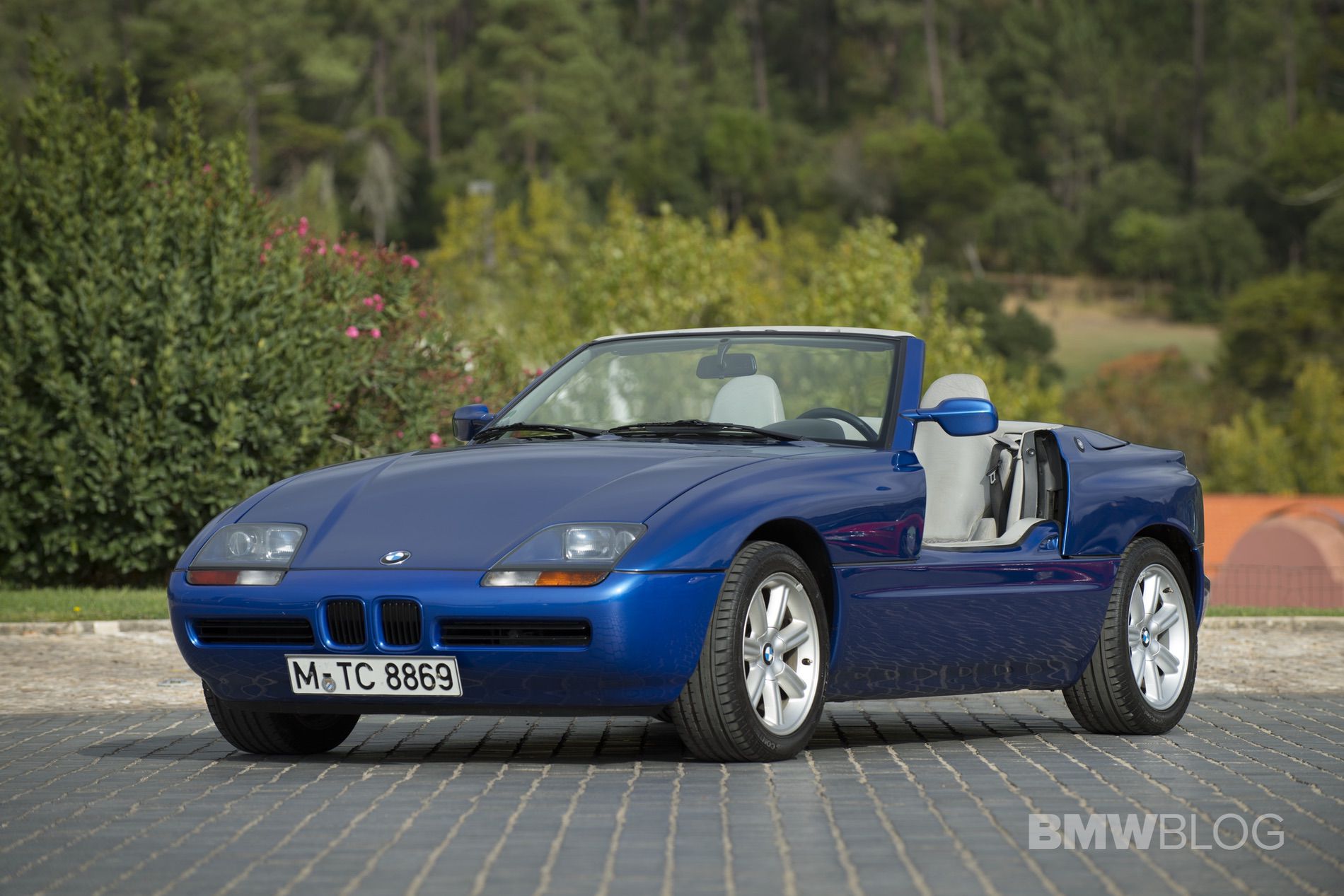Across its three generations, the BMW X1 has evolved from a rear-wheel-drive, 3 Series–based crossover into a modern, tech-filled compact SUV. But with that evolution comes a wide range of ownership experiences. In this guide, we’ll break down each generation of the BMW X1, even though it’s still pretty young in the patchwork of BMW’s history. We’ll highlight the most common issues to watch for and rank them by overall reliability.
First Generation BMW X1 (E84)
The BMW X1’s debut generation was a short one in the US: it was only on sale between late 2012 and 2016. It’s also quite a bit different from the other X1 generations in that it’s rear-wheel drive. In fact, being based on the contemporary 3 Series of the time makes it arguably the most dynamically engaging X1 you can get. Powertrain options consisted of an N20 turbocharged four-cylinder engine and a much hotter N55 turbocharged inline-six. Both are generally reliable mills.
With the four-cylinder models (28i) you’ll want to watch for a timing chain recall that affected almost all these first generation cars. Assorted oil leaks — particularly one that develops around the turbocharger — are also somewhat common. N55-powered cars will eventually need a charge pipe and will likely be on their second fuel pump by now. Oil filter housing gaskets and cooling systems should also be treated with extra attention on either powertrain. xDrive models are also more complicated, since they have a transfer case, which seems to be a regular failure point for higher-mileage examples.
Outside the driveline, the first-generation BMW X1 doesn’t have a ton of problems. This era of BMW vehicles is holding up well in terms of interior quality. The biggest issues you’ll find here are not specific to the X1 and will plague most 10-15 year old vehicles. Think worn out buttons and armrests. The first-gen X1 offers a solid balance of old-school BMW steering and handling and practicality. While it isn’t the most reliable, it’s very likely the most fun to drive.
Second Generation BMW X1 (F48)
The second generation BMW X1 is definitely the easiest to shop for. BMW only offered the US market a four-cylinder model, which relied on a B46 inline-four and either front- or all-wheel drive. Luckily, the B46 is largely the same as the B48 engine with some slight variations in emissions controls. Keep an eye on coolant and oil levels and you’ll likely be fine with the B46. Replacing the charge pipe is a decent idea if you’re the preventative maintenance type, but they’re not even that big of a deal on these engines.
The F48 X1 does have a known issue to look out for on the test drive: apparently, these things burn through engine mounts. A failing one knocks around while accelerating. Furthermore, creaking from the rear and vibrations through the chassis when making sharp, full or close to full lock might be signs that the car needs new rear diff fluid, and the vent line should be replaced as well. Note this will only affect xDrive models. Aside from that, though, the F48 X1 is a pretty safe buy. No interior issues or electrical issues are widely enough reported to make them something to be immediately cautious of. However, there was a B pillar recall that affects airbag deployment. You’ll definitely want to ensure has been taken care of.
Third Generation BMW X1 (U11)
The newest generation of the BMW X1 just came out in 2023, so there isn’t a whole lot to say here yet. The car comes with a B48 inline-four no matter which one you buy; although there are significant mechanical improvements in the motor for the X1 M35i xDrive model to make 312 horsepower. A larger turbocharger, reinforced crankshaft, larger main bearings, new pistons, and a different compression ratio make it arguably more reliable. However, the quicker models will also likely have been driven more aggressively, so make sure you inspect closely before taking one home. Other than that, the usual B48 stoutness continues here. Be mindful of oil, coolant, and charge pipe. Interestingly, the U11 also had a B pillar recall for a very similar airbag deployment issue. So, make sure that’s taken care of.
Which BMW X1 Generation is the Most Reliable?
Overall, we think the F48 BMW X1 is the safest bet out of the bunch. But there’s a bit of an asterisk there. The first-gen is a far better driving experience. And the U11 could certainly prove to be a more reliable car over time — particularly with that hotter B48 engine. As usual, remember these breakdowns are general guidelines and the car you’re looking at may have all, none, or different issues than the ones we’ve outlined here. Get a pre-purchase inspection if you aren’t sure what you’re looking for — it’ll probably save you thousands.



























































